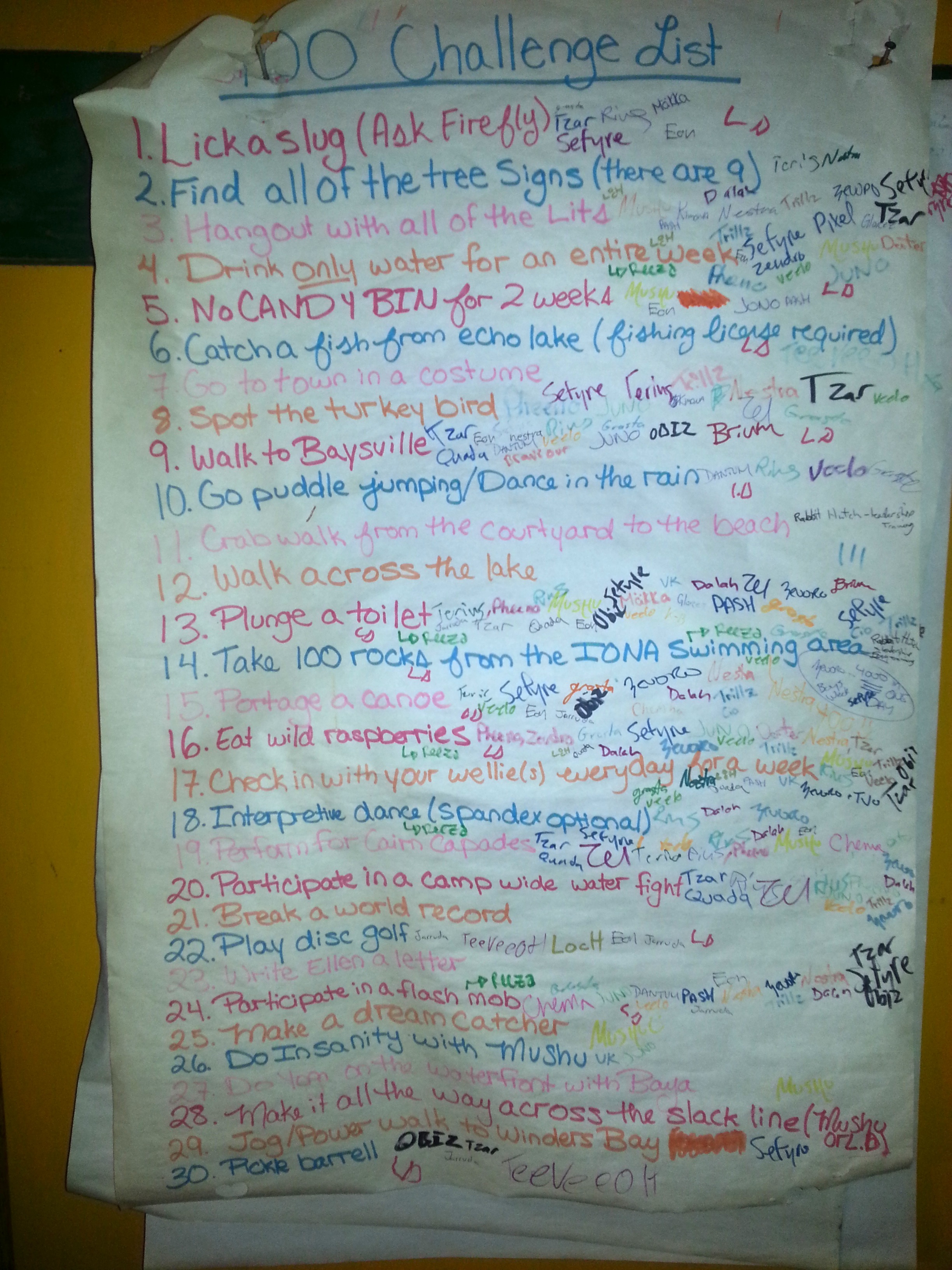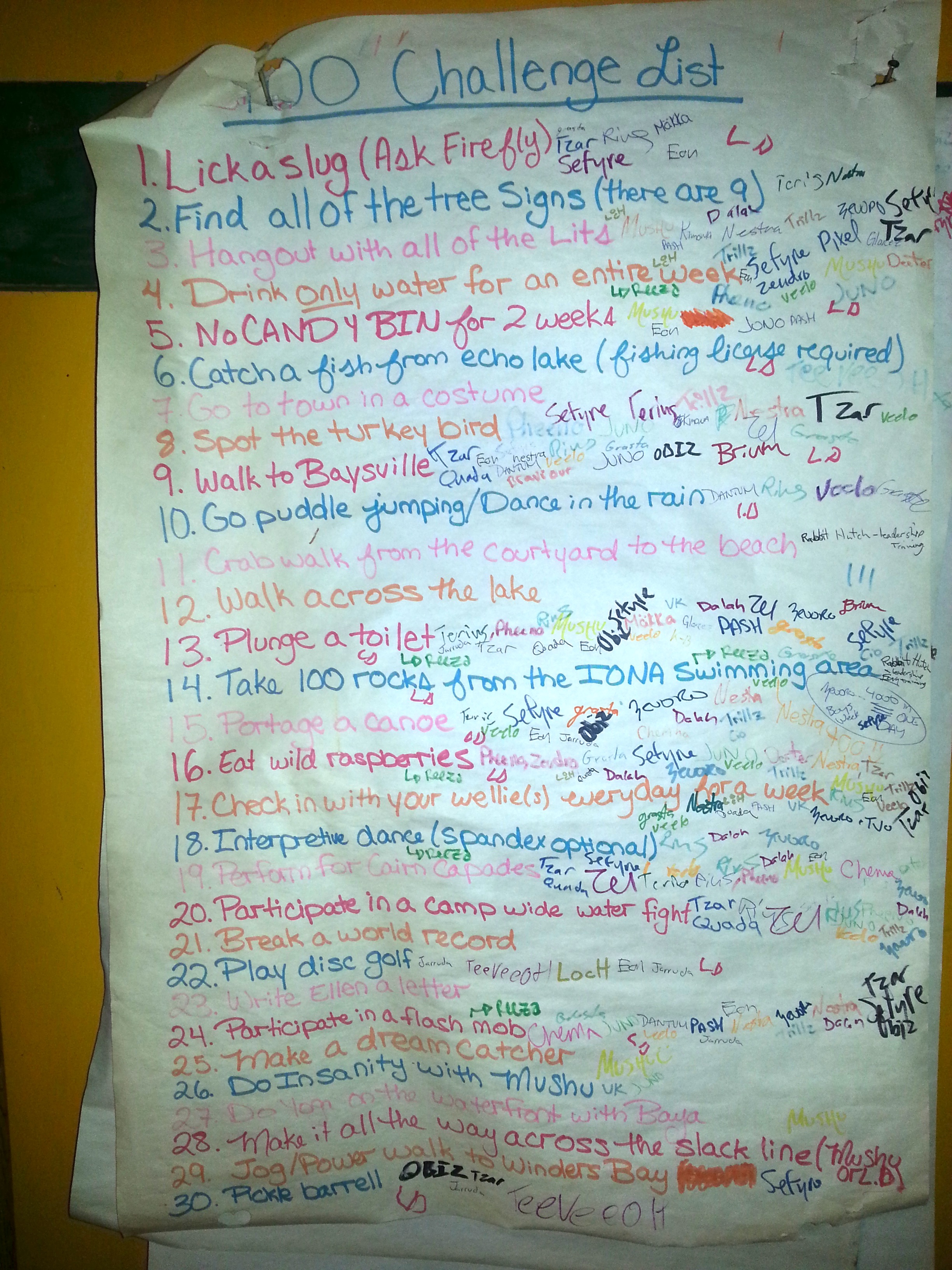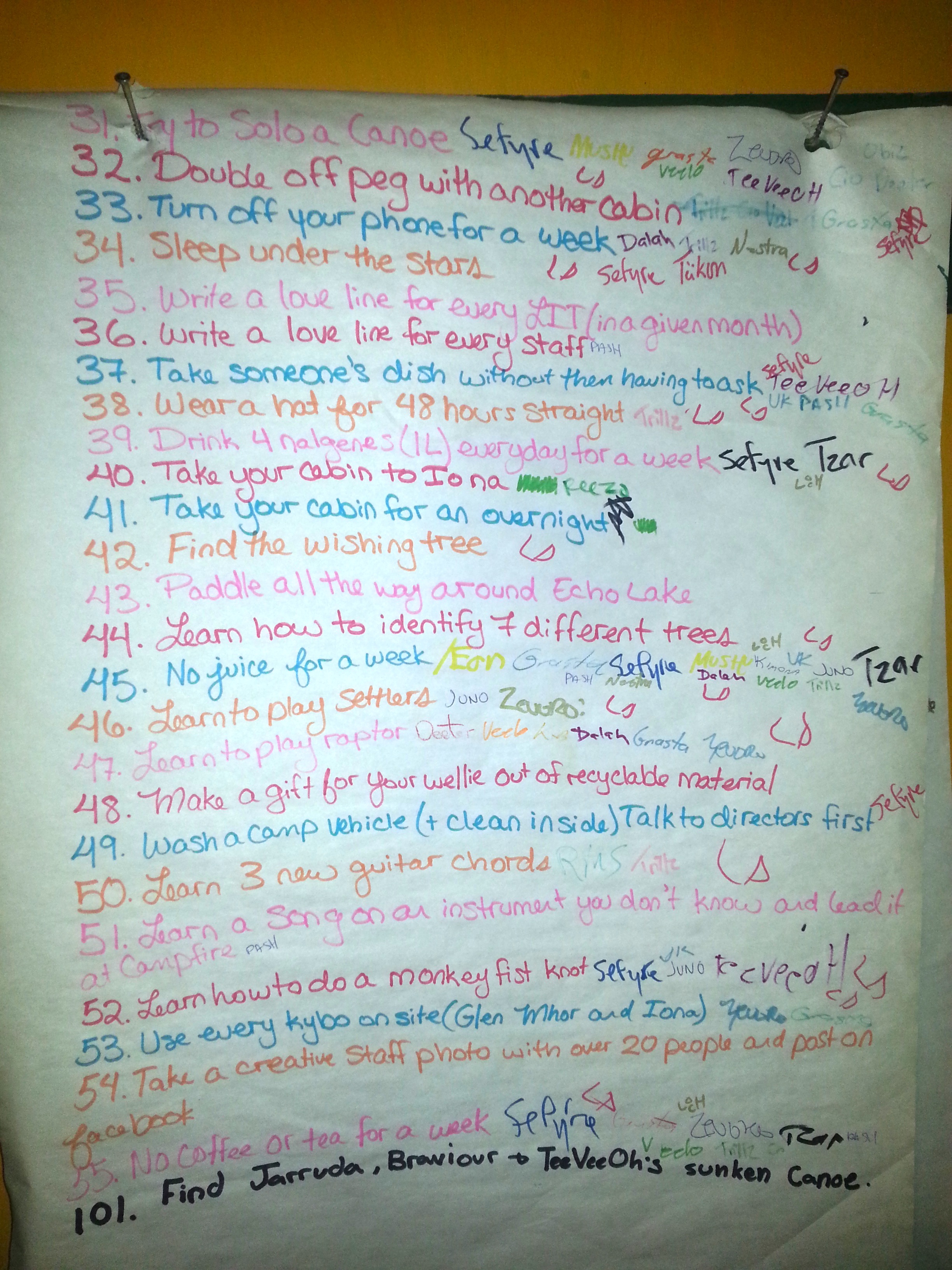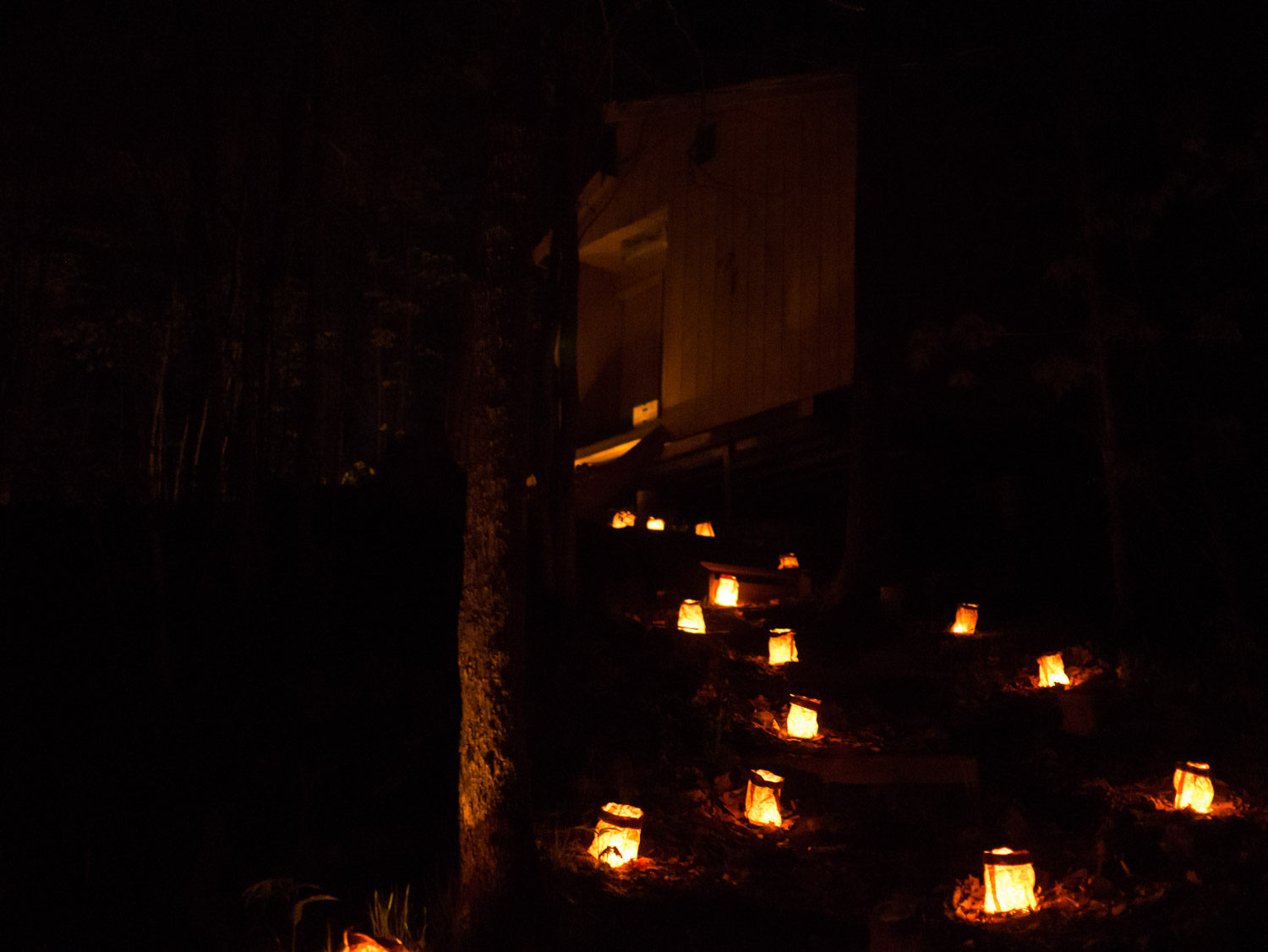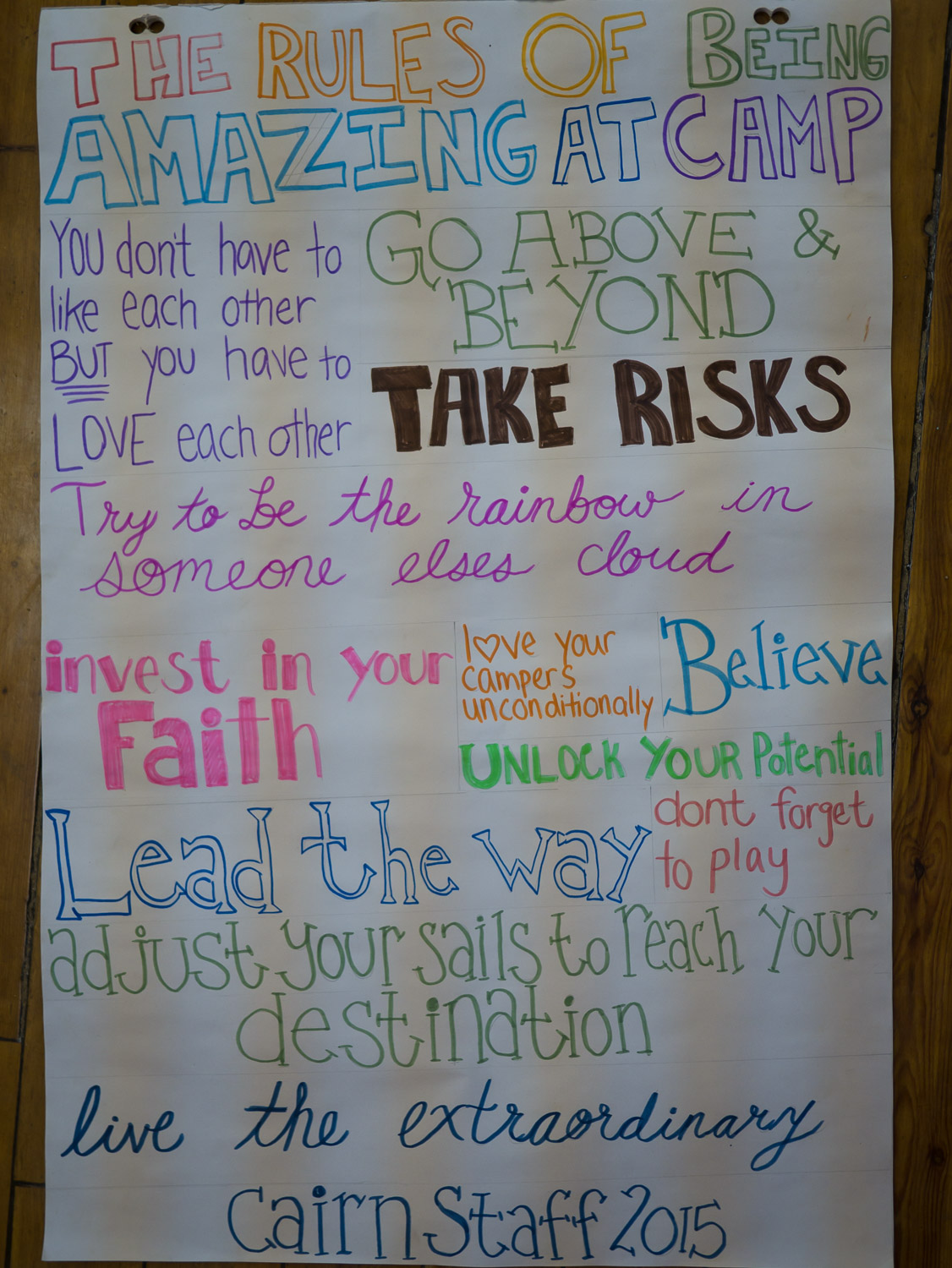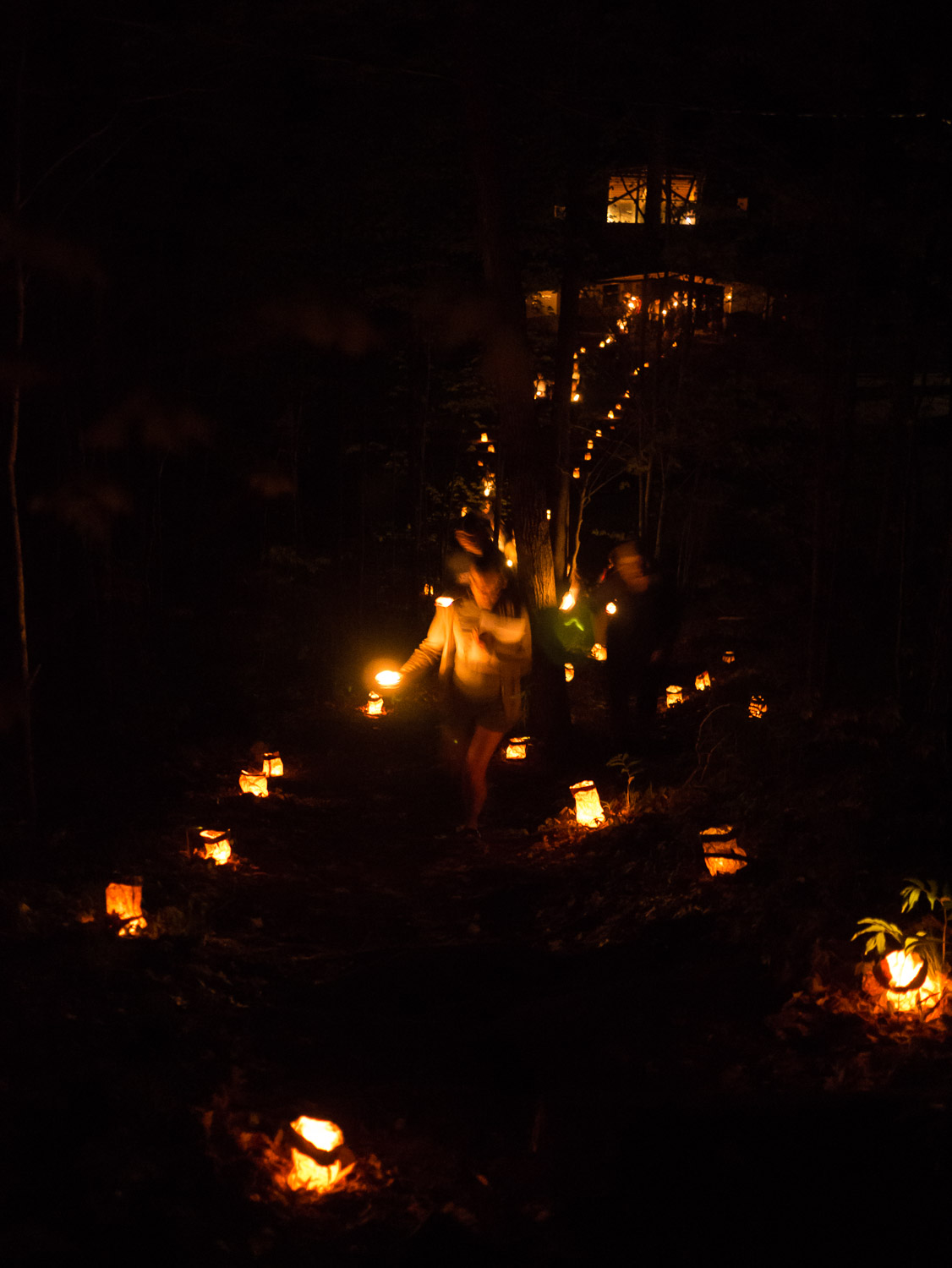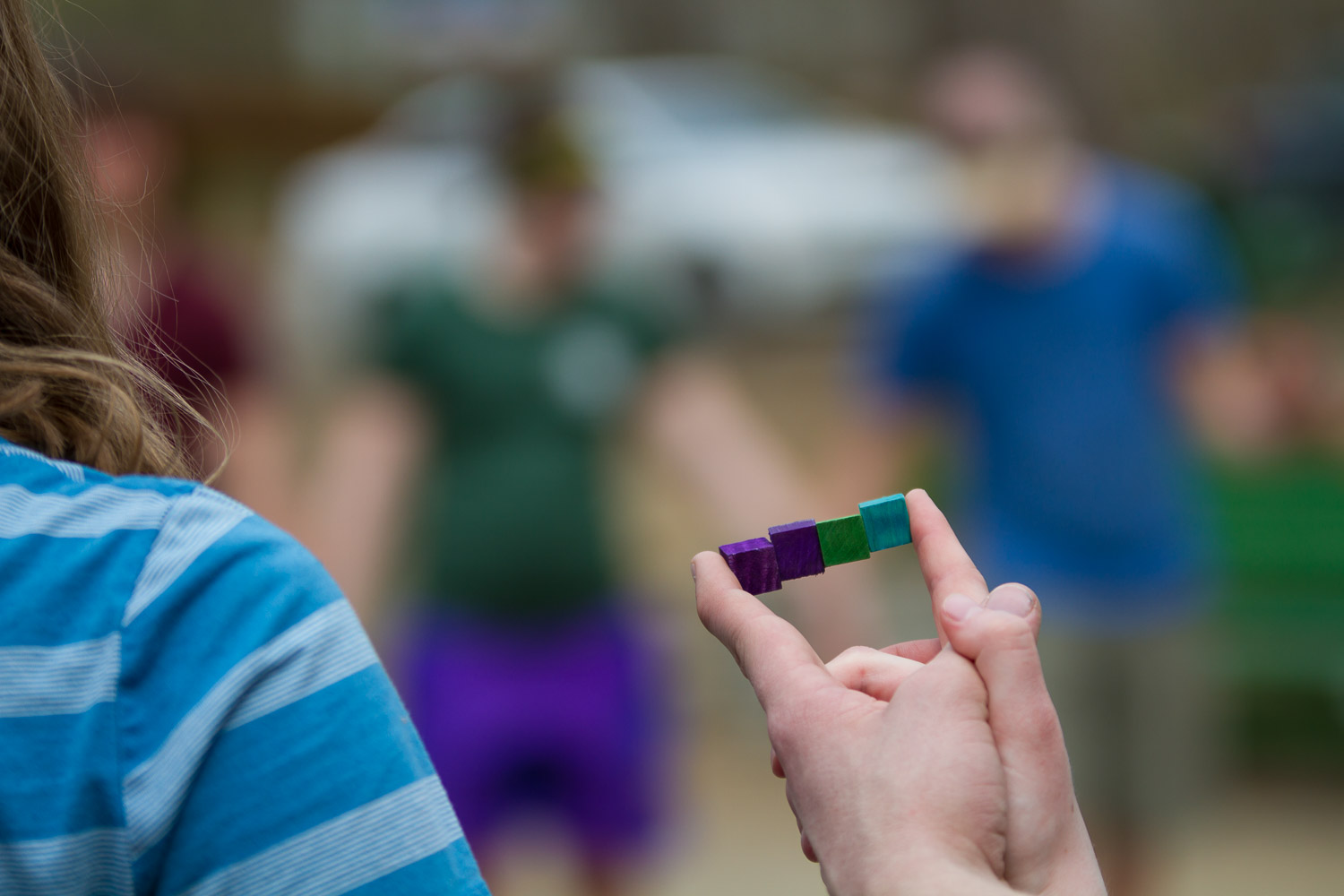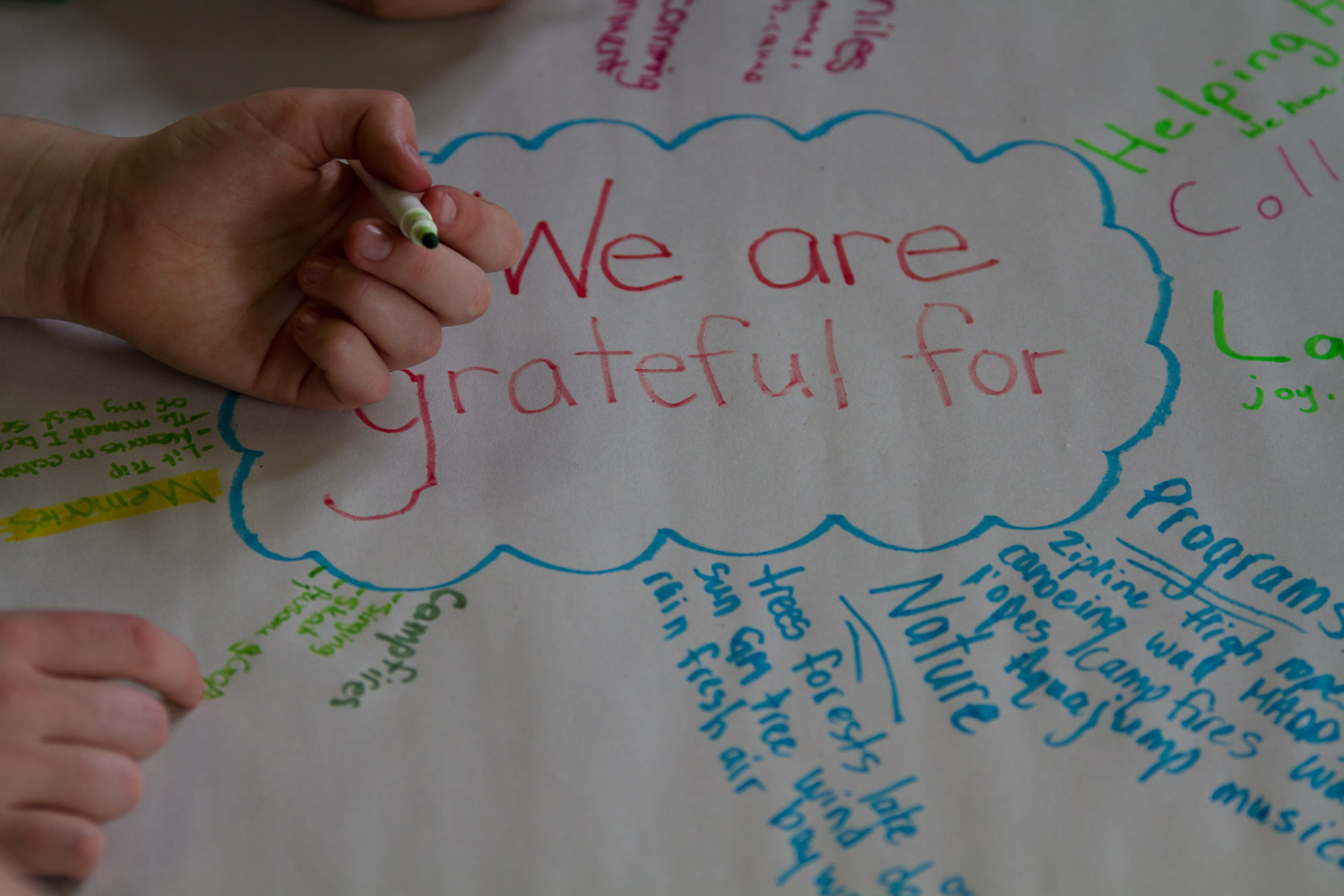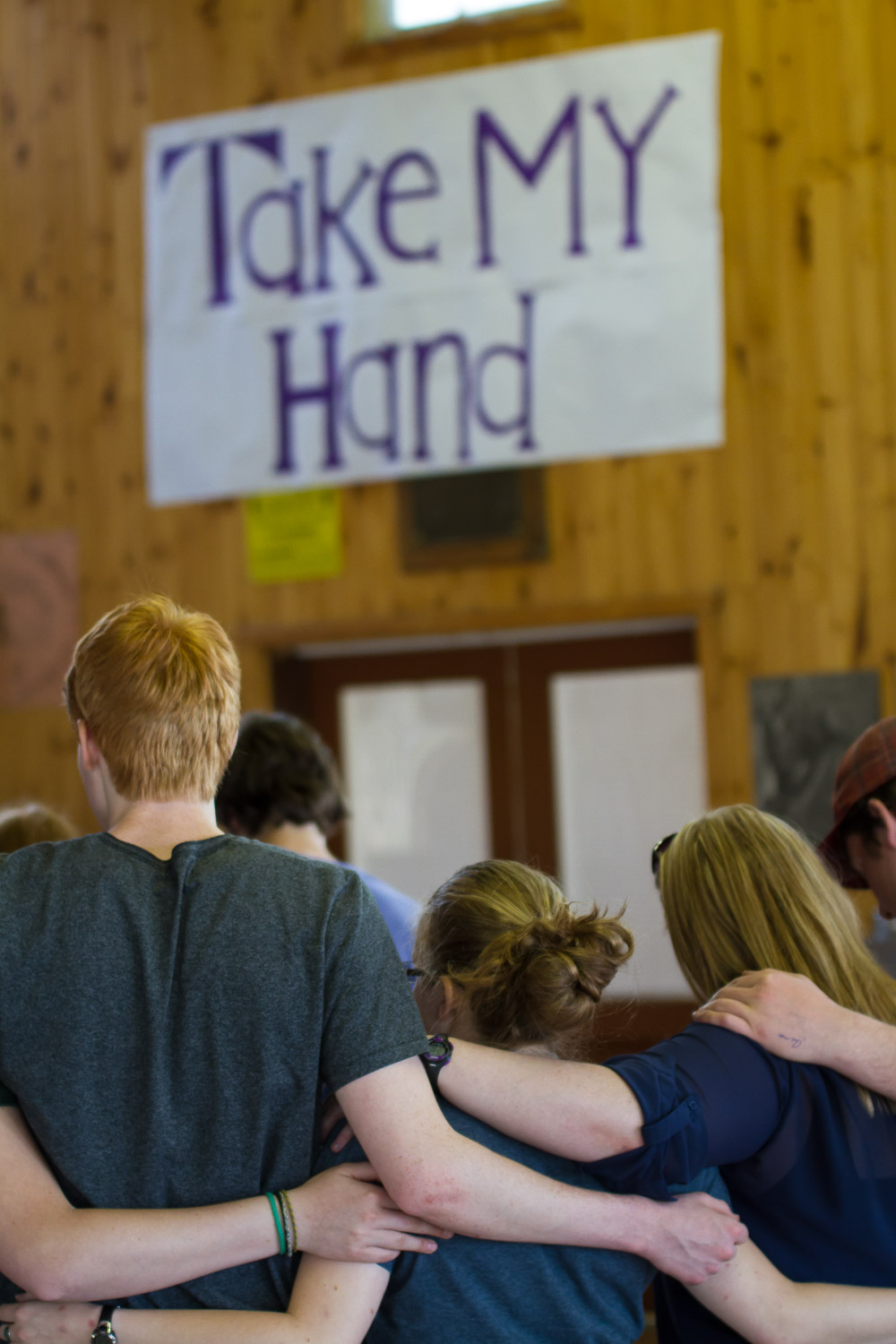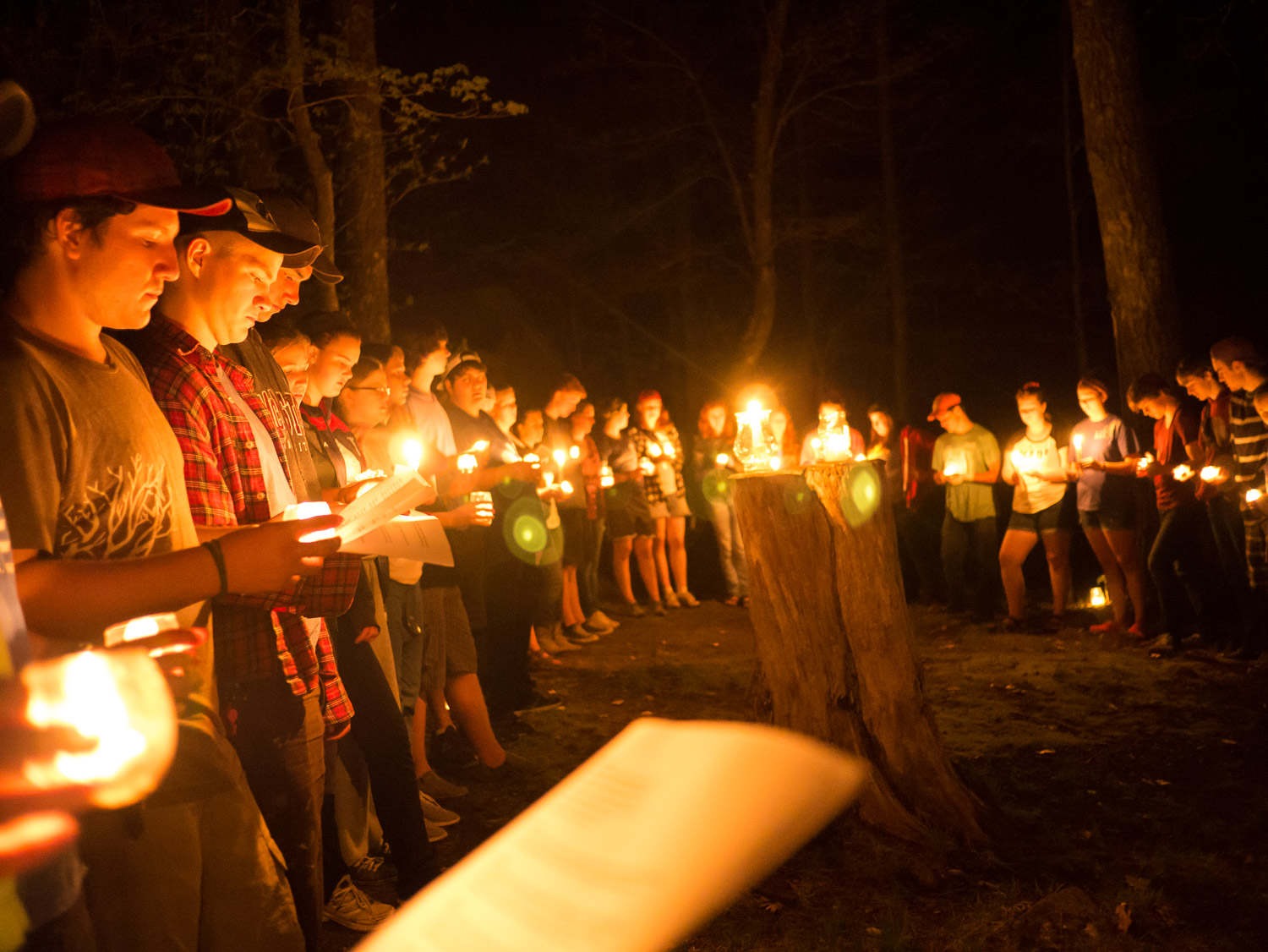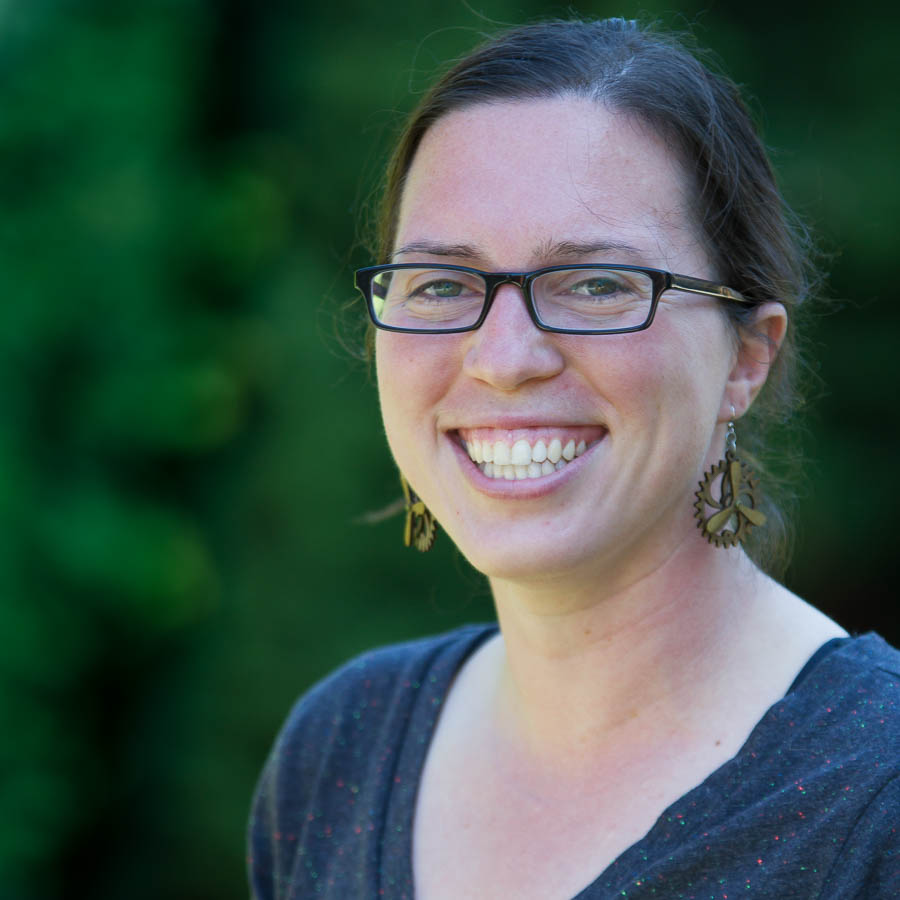This past weekend our family made the annual trek up to Glen Mhor to help with Staff Orientation. For the last 6 years, we have cooked for them so that kitchen staff members can be a part of the training and group building that goes on during this weekend. Zoic has also had the opportunity annually to take staff photos and Topaz to lead a community-focused training session.
As we drove home today, we could not help but remark to one another how amazing it would be if parents, families, board members, ministers and members of Synod could have been present during this training weekend to see what goes into the planning and facilitating of such an important piece of camp development.
Perhaps these small glimpses of the weekend can serve as the next best thing.
Please understand, after having been Camp Director's at Glen Mhor and Cairn for 15 years and now Camp Consultants for seven, we have a very critical eye for how a camp should be run. How wonderful it feels that our "critical eye" landed only on so many positive things.
From the moment we exited our car, we were greeted by every staff member we encountered with a warm and genuine "Welcome Home". Not only was the reception friendly, we were so very impressed with how clean, tidy, and organized the site was this early in the season (with a touch of camp magic, of course - like the special drawer in the kitchen labelled, 'Unicorns and Mermaids') . The pride of the Spring Staff was obvious. To work that hard and humbly is seen as a badge of honour and they have much to be proud of this year.
The leadership team consists of a group of veteran staff members with a passion for camp who have worked hard to acquire the skills to advance this ministry. Their sense of servant leadership has been instilled so deeply by their Directors, it is simply a part of them. In every activity, every session, every preparation for a meal, they just noticed what needed to be done and did it with out being asked. Those who are new to staff this year were never told or even asked to pitch in but, by the end of two short days together, had already begun to follow this example. They are already learning that a summer camp professional always asks, "what can I do?"
We could not get over how many program staff members eagerly shared with us their hopes and plans for their program areas this summer as well as the staff and campers in their care. Their desire to develop the whole person is truly inspiring. They are force to be reckoned with.
Topaz had the privilege of leading a two-hour session on Saturday morning. She was so impressed with how attentive, respectful, and invested the staff were - including all of the first year counsellors. They were eager to share of themselves, get to know one another better, and prepare for the summer ahead. They are taking their responsibilities very seriously. This mindset is an obvious reflection of the care and devotion of the three year-round staff members.
What a joy it is to see the faces of returning staff when they greet Bridget Tilley, camp's administrator, for the first time each spring! This year was no exception. Bridget has become such an important member of the team. From her brave beginnings in 2008, when she arrived at camp knowing absolutely nothing about the culture and it's people, she has grown to become a wise and fierce advocate for the camp and its ministry.
Rebecca "Palais" Jess and her joy for song has elevated an already strong singing tradition to a whole new level. The variety of music she brings each season, along with her passion for staff and campers to make their own music, has created an environment in which every staff member cannot wait to be part of this year's staff song (and just wait until you hear this one's!). She understands that, for staff and campers who sing about what they stand for and what they believe and who do so with harmonies that give you goosebumps, these experiences unite people like few other things do. This is just one way she is creating opportunities for staff to live their faith.
It is always a privilege to witness the ease with which Chantal "Match" Jackson enters a room full of people and connects with every individual. In all of our travels to camps across the continent, we have never seen a director so focused on making people feel welcome and a part of something bigger than themselves. At the end of Saturday night's Hero's Journey, as the staff continued to sing, she moved around the circle and spoke quietly with each person, told them how pleased she was they were there, what she was looking forward to with them this summer, and embraced each one before moving on to the next. Her way of making everyone feel valued and important is just one of her key elements to intentional programming at camp.
Match and Palais have put great effort over the years into developing a strong sense of legacy. From the creation of Seekers' Edge, the hill overlooking centre camp where ceremonies take place for current staff and alumni, to talking openly and often about the importance and role of alumni, to encouraging staff to reflect upon the legacy they want to leave, they have created a deep sense of history and respect for the Mission of Cairn.
And to top it all off, we were so thrilled to see such exciting new additions to camp: a beautiful high ropes course (lovingly built, in part, by one of Cairn's former staff members, Jon "Little D" Fairley), fresh and updated washrooms in the Thicket and the Lodge, courtesy of alumnus, Neil "Fiddler" Rome, and the impressive news that registration is ahead by 130 campers compared to this date last year. All point to promising things ahead as Glen Mhor marks it's 85th anniversary.
As it was Mother's Day, our family prepared lunch but was leaving early so our sons could take us for our annual pilgrimage to Weber's. We would be leaving before the traditional time the kitchen staff is thanked for their work on the weekend. Match said to Topaz, "We will need to thank you early". Topaz replied, "We don't need to be thanked publicly, Match" and Match turned to her and said "I know you don't but it's important to teach our staff how to properly show appreciation to people for the gifts they share." This understanding of acknowledging gratitude had already been impressed upon the minds of some experienced staff, who, when asked to prepare cards of thanks by Match, took the time to write each one in a personalized rap and couldn't wait for us to open them. What a great way to round off an exhausting (the good kind of tired) and fulfilling weekend.
Thank you to our Cairn Family for making us still feel so welcome and for taking up the torch so passionately. The future of camping in our Synod is in great hands.
Love Topaz & Zoic


